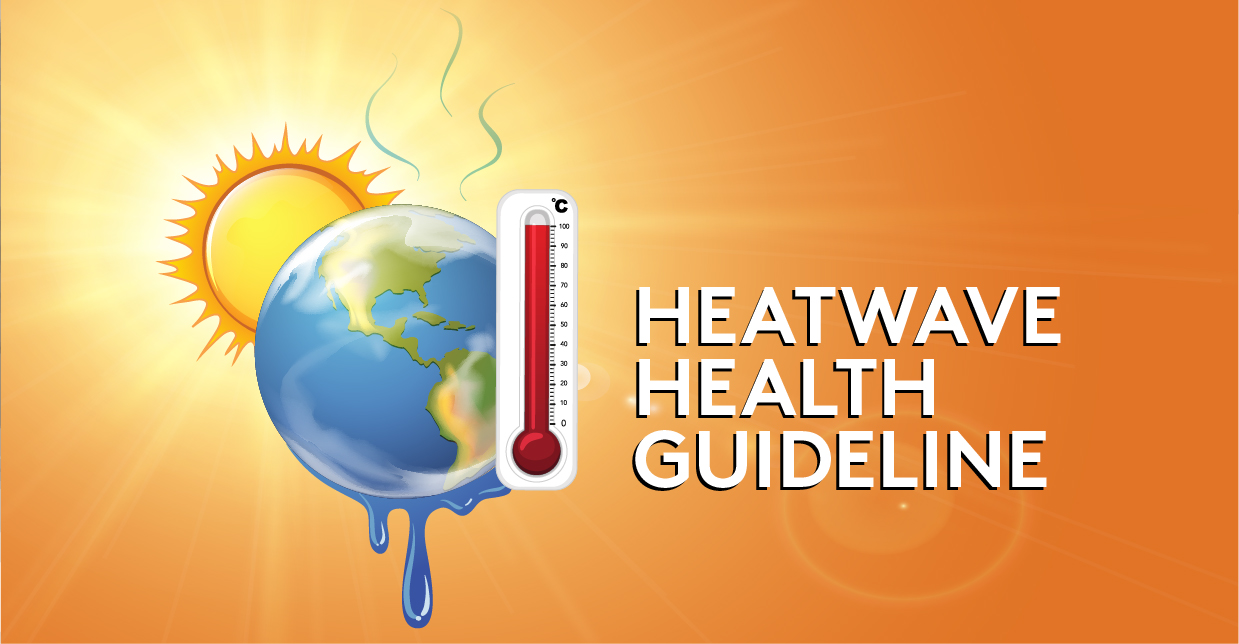During extreme heat it is easy to become dehydrated or for your body to overheat. If this happens, you may develop heat cramps, heat exhaustion or even heatstroke. Extreme heat can also make existing medical conditions worse.
To minimize the impact during the heat wave and to prevent serious ailment or death because of heat stroke, you can take the following measures:
Avoid going out in the sun, especially between 11.00 a.m. and 3.00 p.m.
Drink sufficient water and as often as possible, even if not thirsty. If your doctor normally limits your fluids, check with your doctor how much to drink during hot weather.
Wear lightweight, light-colored, loose, and porous cotton clothes. Use protective goggles, sunscreen, umbrella/hat, shoes while going out in sun.
Avoid strenuous activities when the outside temperature is high. Avoid working outside between 11.00 a.m. and 3 p.m.
Cancel or postpone outings. If you absolutely must go out, stay in the shade and take plenty of water with you.
Avoid alcohol, tea, coffee and carbonated soft drinks, which dehydrates the body.
Avoid high-protein food and do not eat stale food.
If you work outside, use a hat or an umbrella and use a damp cloth on your head, neck, face and limbs.
Keep yourself cool by using damp towels containing ice, putting your feet in cool water and taking cool (not cold) showers.
Do not leave children or pets in parked vehicles.
If you feel faint or ill, see a doctor immediately.
Use ORS, homemade drinks like lassi, lemon water, buttermilk, etc. which helps to re-hydrate the body.
Keep animals in shade and give them plenty of water to drink.
Keep your home cool, use fans, curtains, shutters or sunshade and open windows at night.
Monitor those at high risk- infants and young children, people 65 years of age or older, people who are overweight, people who overexert during work or exercise.
Tips For Treatment Of A Person Affected By A Heatstroke:
Lay the person in a cool place, under a shade. Wipe her/him with a wet cloth/wash the body frequently. Pour normal temperature water on the head. The main thing is to bring down the body temperature.
Give the person ORS to drink or lemonade or whatever is useful to rehydrate the body.
Take the person immediately to the nearest health care centre. The patient needs immediate hospitalization, as heat strokes could be fatal.
Acclimatization:
People at risk are those who have come from a cooler climate to a hot climate. You may have such a person(s) visiting your family during the heat wave season. They should not move about in open field for a period of one week till the body is acclimatized to heat and should drink plenty of water. Acclimatization is achieved by gradual exposure to the hot environment during heat wave.
Article by:
Dr. Nikhat Shahla Afsar
Senior Consultant, Internal Medicine
Evercare Hospital Dhaka


